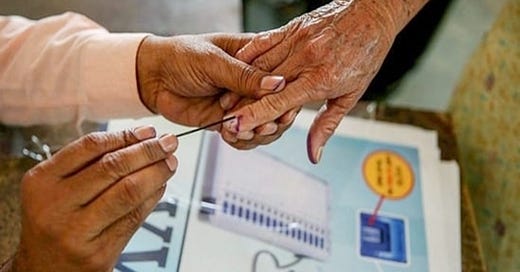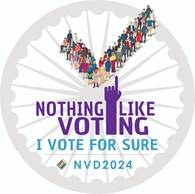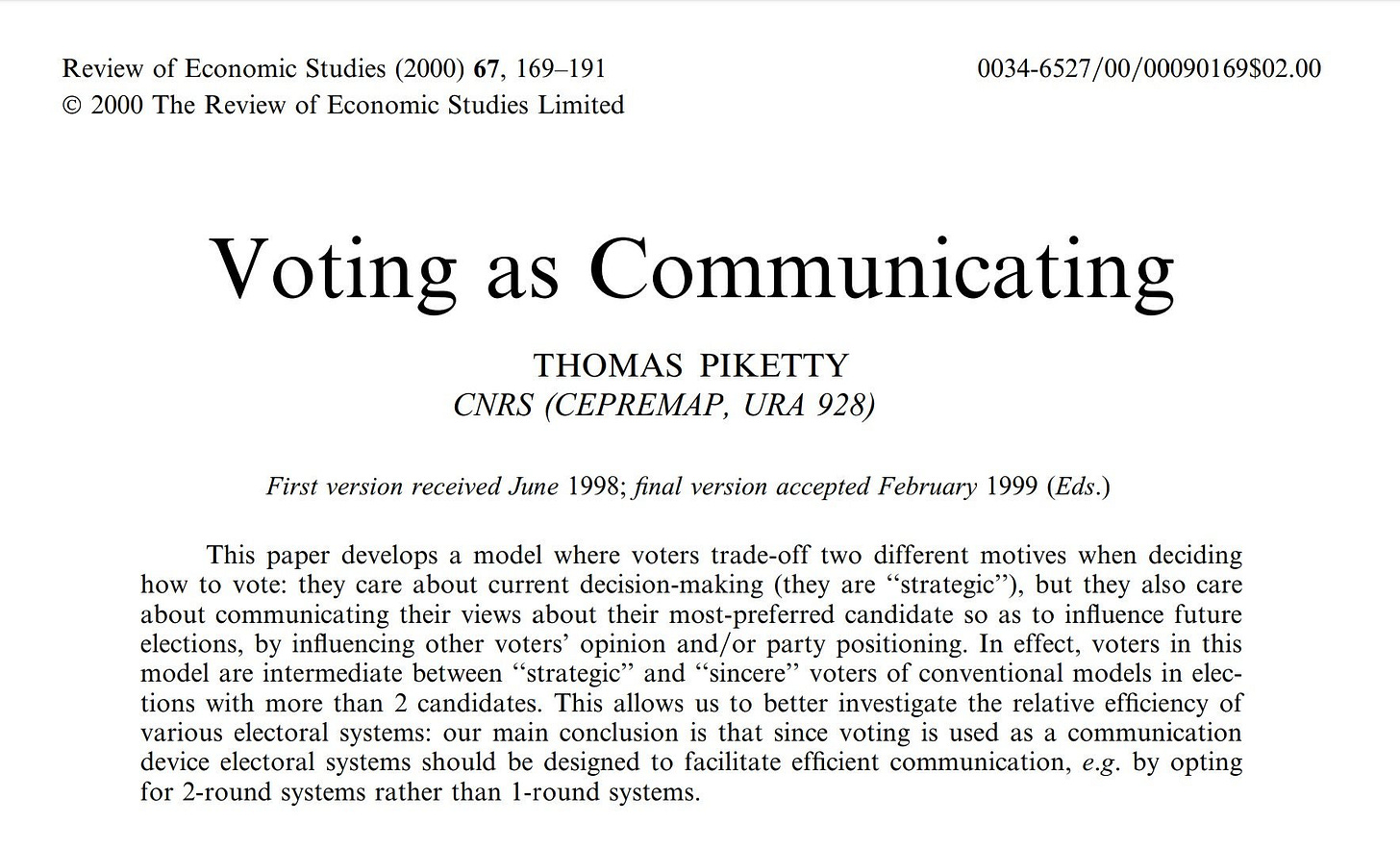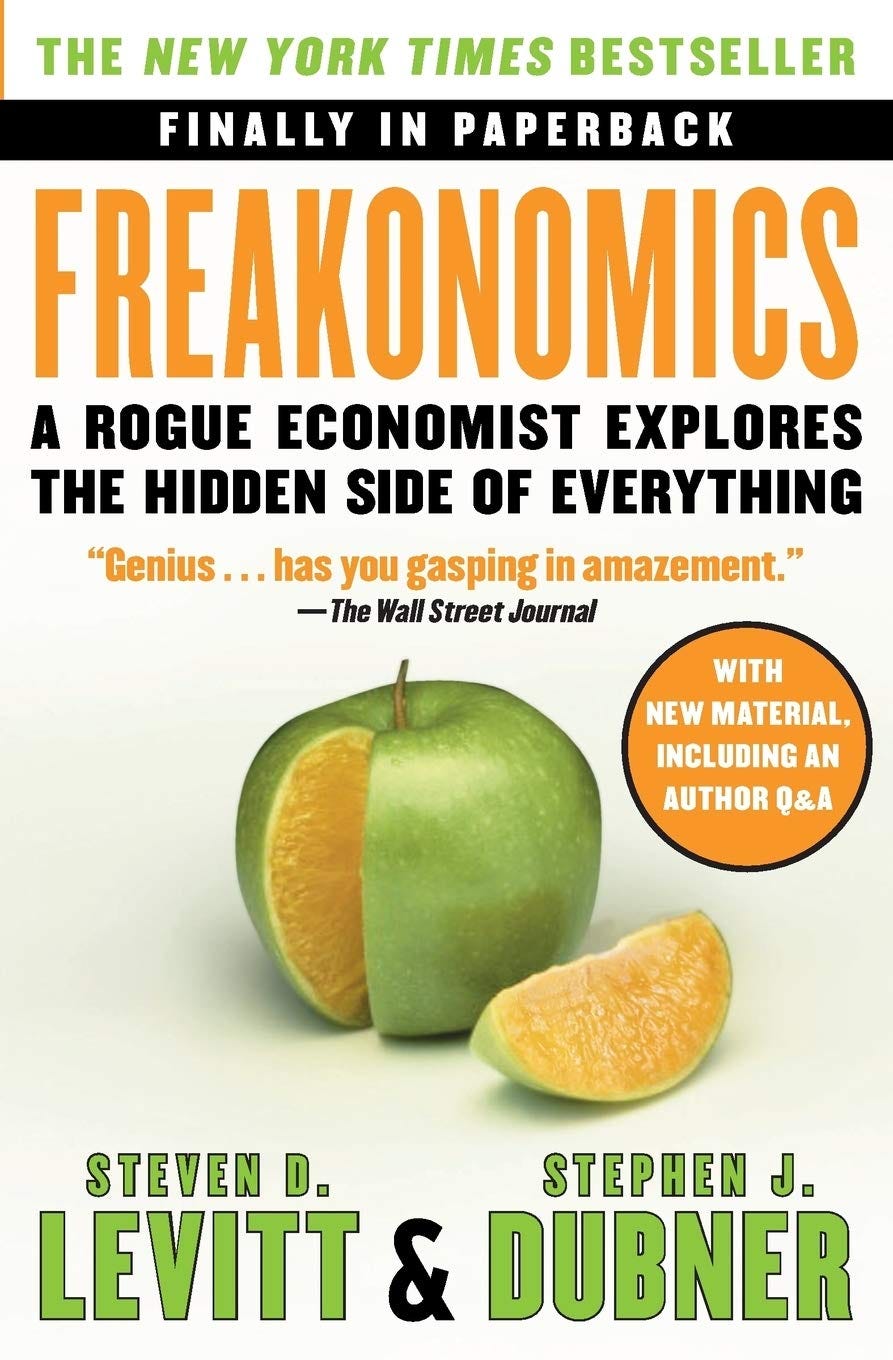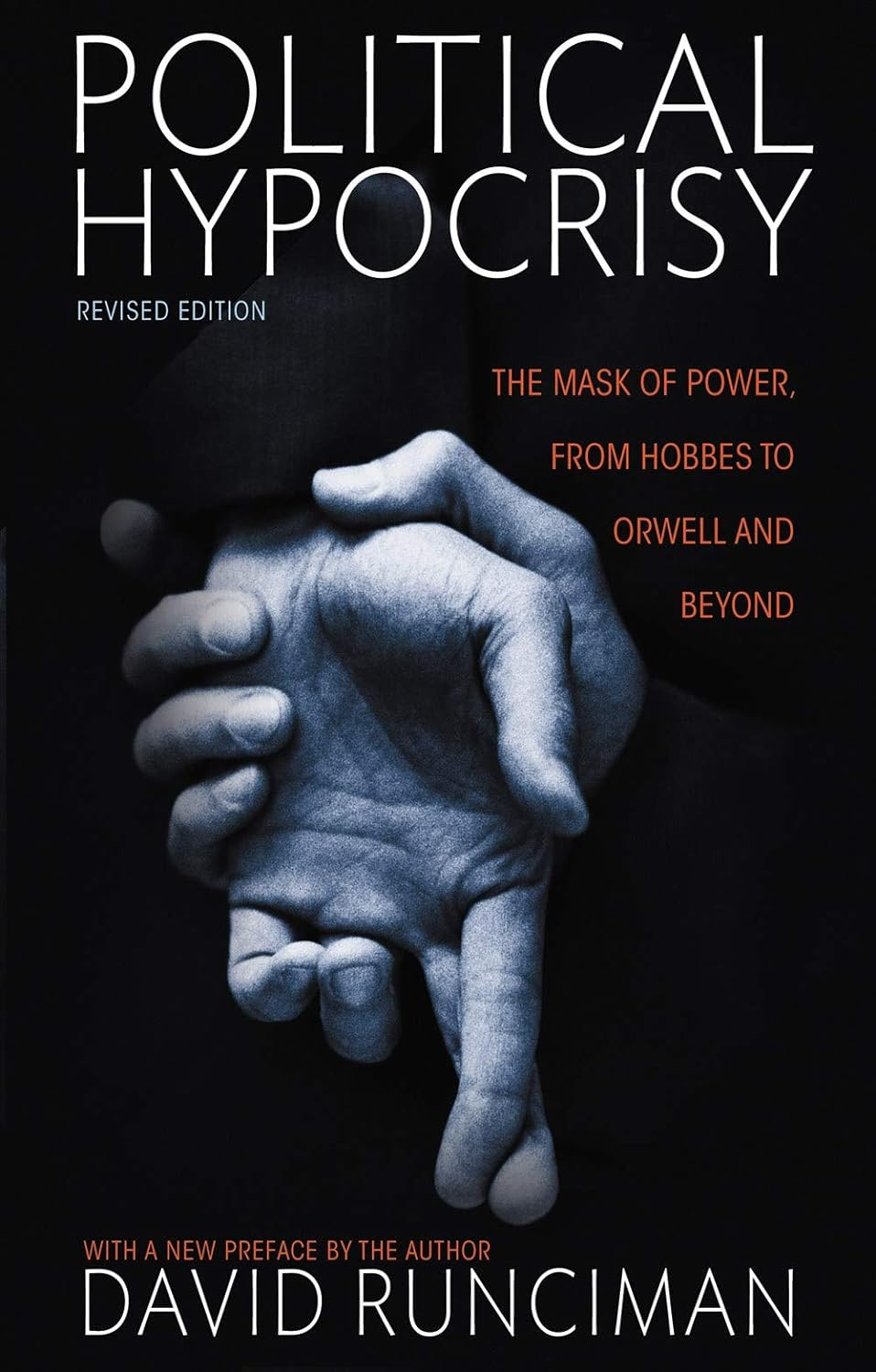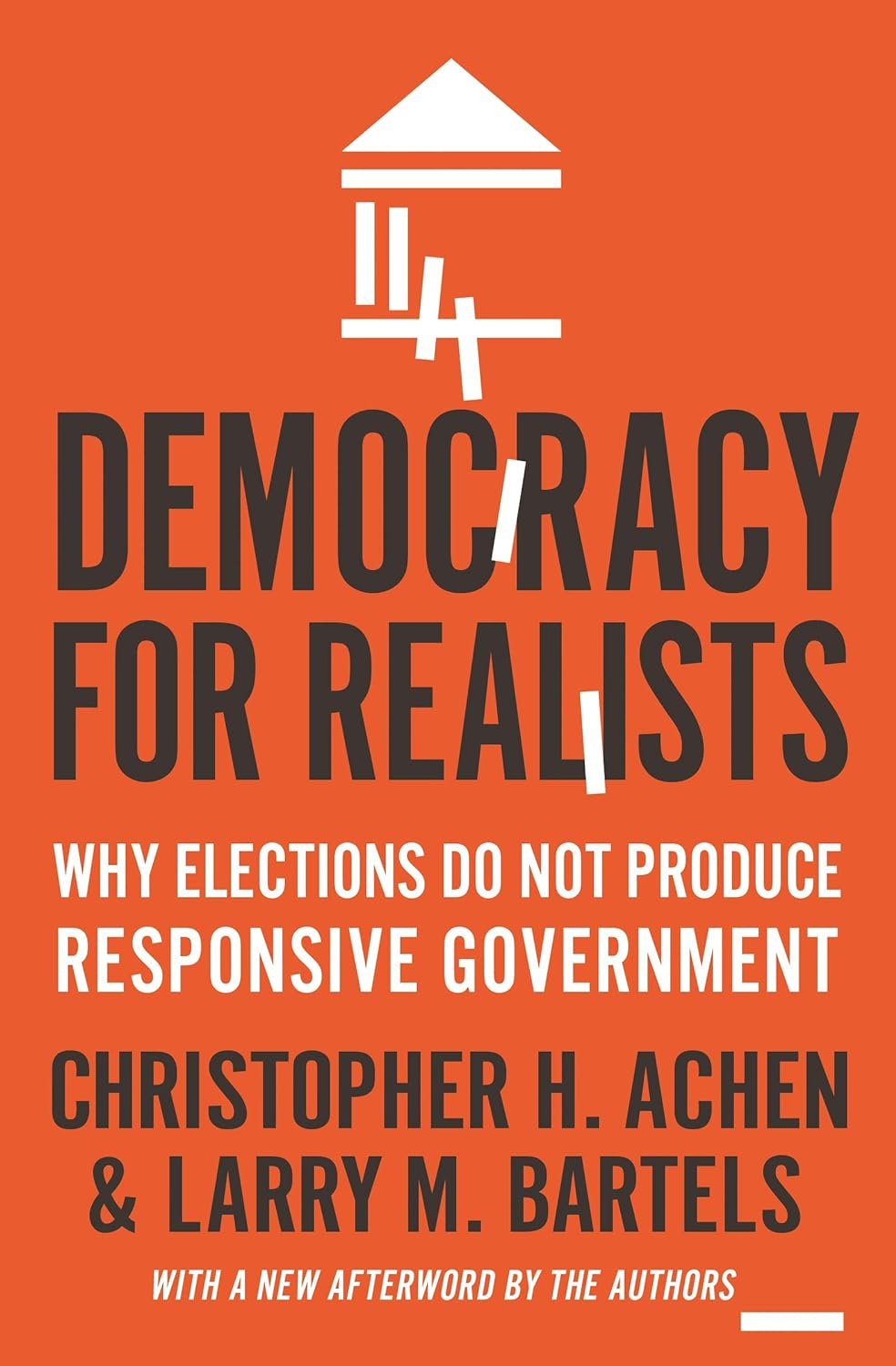#NotJust Voting: Why and How Do and Should We Vote
Reflections on the role of voting in a democracy, the case for voting, and the importance of quality as well as quantity of voting
Hello Dear,
I got a sudden urge to write today, upon recollecting that it is National Voters’ Day today. Yes, the Election Commission of India has been celebrating January 25, the Foundation Day of the Commission, as National Voters’ Day (NVD) since 2011 every year. As per ECI, the main purpose of NVD celebration is to create electoral awareness among citizens and encourage them to participate in the electoral process. The theme of NVD 2024 is ‘Nothing Like Voting, I Vote For sure’.
Well, speaking of voting, let me share with you some of my past reflections on voting.
[Beginning of a piece of reflection I wrote in October 2019]
"You are what you communicate" - says my friend and fellow IIS Officer Rajith.
I was asked if voting is a form of communication on the government, by the people. You bet it is. Voting is a social act, many people vote due to nothing but its signalling and communicative value.
Here is a paper on the subject, by none other than Thomas Piketty.
Isn't it possible that members of a community have bigger faith in mechanisms other than elections and the consequent exercise of power, in bringing about positive change? A faith that is bigger to the extent that elections may matter hardly?
For example, an active civil society can potentially be a stronger instrument for change, rather than a mechanism to choose the formal power-holders in the state machinery.
Even if one believes it is important to hold free and fair elections, it does not automatically follow that each person must hence vote! The probability of one vote making a difference in the outcome may be close to NIL, making abstention a rational choice.
Here is a 2005 article which explores the question “Why Vote?”, by the authors of the 2009 book Freakonomics.
Having said this, I believe that while not voting may be the rational choice from a utilitarian perspective in certain settings, one should still vote! Not so much because it's one's duty or due to the difference it can make to the outcome of the elections, but more due to the difference it can make to oneself - in how one views one's relation to society - and to the social processes of democracy & community.
The real point of voting may be more its inherent communicative value; the irrational choice in performing the rationally foolish act is more an article of faith, a statement of filial concern, a signature of hope, rather than merely an instrument to effect transfer of power.
Especially in a scenario where the election process is highly prone to being highly corruptible, a case for voting may gather strength more from its intrinsic communicative foundations rather than from its extrinsic terminal goals.
[End of the piece of reflection I wrote in October 2019, written originally here on Twitter]
Building on this past reflection, I would say that the focus of the state, including bodies such as the Election Commission, should be #NotJust on quantitative measures like voter turnout. Like many metrics, too much focus on the metric can distract us from the goal the metric was supposed to have advanced. For instance, I believe it is wrong to think that a high voter turnout means a great election process or a great participation of citizens in “the festival of democracy”.
Why do I say so? Because a high voter turnout on its own does not speak anything of the quality of electoral participation. Imagine, for a moment, that most of the voters or a vast majority of them exercised their franchise with hardly any or no consideration of the identity of the candidates, the parties they belong to, the policies they espouse or are likely to bring in, and the expected impact of their victory for the nation and for domestic and global societies, or even for they themselves. Or let us say most voters cast their vote under the influence of false information, incorrect beliefs and points of view which are likely to break down upon a rational scrutiny by they themselves. Indeed, there are other sources of influence such as money, caste identities and fear.
The simple point I am trying to make is that quality of voting is at least as important as quantity of voting as measured by voter turnout.
Here is another question when we speak of attempts to maximize voter turnout. If our goal is to maximize and if we regard higher turnout as favourable, then, what is the ideal voter turnout? If we believe that the more the better, then the answer would be nothing but 100%, where every single voter votes. But is that necessarily the ideal?
Doesn’t a voter’s decision to choose between voting and not voting depend on his or her expectations of the electoral outcome? For instance, if I am fully confident that my favourite candidate or party is going to win even if I abstain from voting, isn’t it possible that I do not vote? Similarly, if I am fully confident that my favourite candidate or party is going to lose, then too, isn’t it possible that I may choose to not vote?
Going by this logic, it seems to me that yes, 100% voter turnout could very well be the ideal, as this could correspond to a situation where there is a high degree of uncertainty regarding electoral outcomes, which could be reflective of robust electoral competition, rather than a situation of electoral monopoly or oligopoly.
Another angle to explore this question is the relationship between voter turnout and citizen trust in the state, in “the system”. In this context, one of the principal arguments made by the state as well as civil society is that it is the duty of every citizen to vote. Yes, we do speak of voting as citizens’ right too; however, I believe there is much more which needs to be done by all of us in order to ensure that this right is protected. Indeed, whether it is at all possible to ensure the protection of this right, where one is able to cast his or her vote in a free and fair manner, is itself a question which merits reflection.
Let me close with a quote from a book I read last year.
What kind of hypocrite should voters choose as their next leader? The question seems utterly cynical. But it is actually much more cynical to pretend that politics can ever be completely sincere. The most dangerous form of political hypocrisy is to claim to have a politics without hypocrisy. - David Runciman, writing in the 2009 book Political Hypocrisy: The Mask of Power, from Hobbes to Orwell and Beyond
Democracy for Realists: Why Elections Do Not Produce Responsive Government is another promising book, which I hope to read some time soon. Here is a review.
Fine then, thank you for your time and attention! - Dheep.

